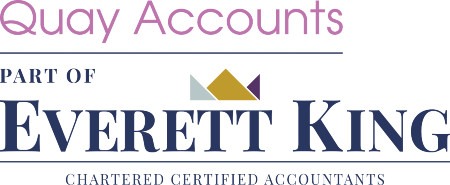Our experience testifies to the fact that tidy records = tidy business which in turn moves more readily to tidy profit!!
So – how do we get tidy – some people are naturally untidy – but by keeping the following records in order your business has the chance to start to become/remain tidy. Here are some key records to keep and the reason why>>>>
BUSINESS RECORDS
a) Keep ALL bank statements in order and complete. Put them all in one place.
b) Keep ALL bills. Why? Because every bill represents money you can claim back on VAT and tax. Put them in monthly order, month by month in one place.
c) Keep ALL sales invoices. Make sure that you calculate your VAT correctly – and make sure your numbering has some coherence i.e. a sequence so that it is easy to identify for yourself and others that everything is complete.
d) Keep all loan agreements etc for your business. These are important documents and should be kept safely.
PERSONAL RECORDS
1) To complete your personal tax return you will need information about any interest received on personal bank statements. Also keep details of any dividend income or other income received.
2) Keep any P60’s from other employment
3) Record any pension contributions you make or other tax allowable deduction information
Get all of this information to your accountant in a timely fashion. It is helpful for you and the accountant if you can provide this information as soon as possible after your year end. This will mean that you will know how much tax you are expected to pay in advance – so that you can plan for this.
Keeping accurate timely records will mean that you have a better basis upon which to base your decisions.
So the message to take is:
>>>>>Tidy Records = Tidy Business = You know where you are and can effectively plan your future
>>>>>Poor Record keeping = Inaccurate Accounts = No real understanding of actual performance.
Read more blogs>>>>
